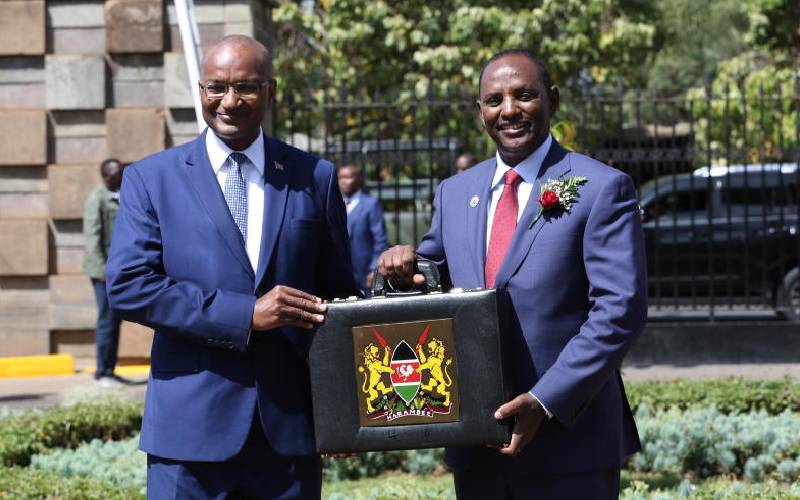×
The Standard e-Paper
Stay Informed, Even Offline

On Thursday the Cabinet Secretary for Treasury, Ukur Yatani, delivered the Jubilee administration’s last budget. The budget was vintage Jubilee. The revenue projections were too rosy to be achievable.
The planned spending patterns did not match Kenyans’ lived realities (agriculture was largely ignored, as usual). Yet again, CS Yatani pleaded with government agencies to settle pending bills (he will be ignored). And the government maintained its habit of crowding out private sector lending via excessive borrowing.